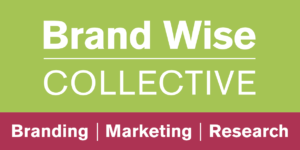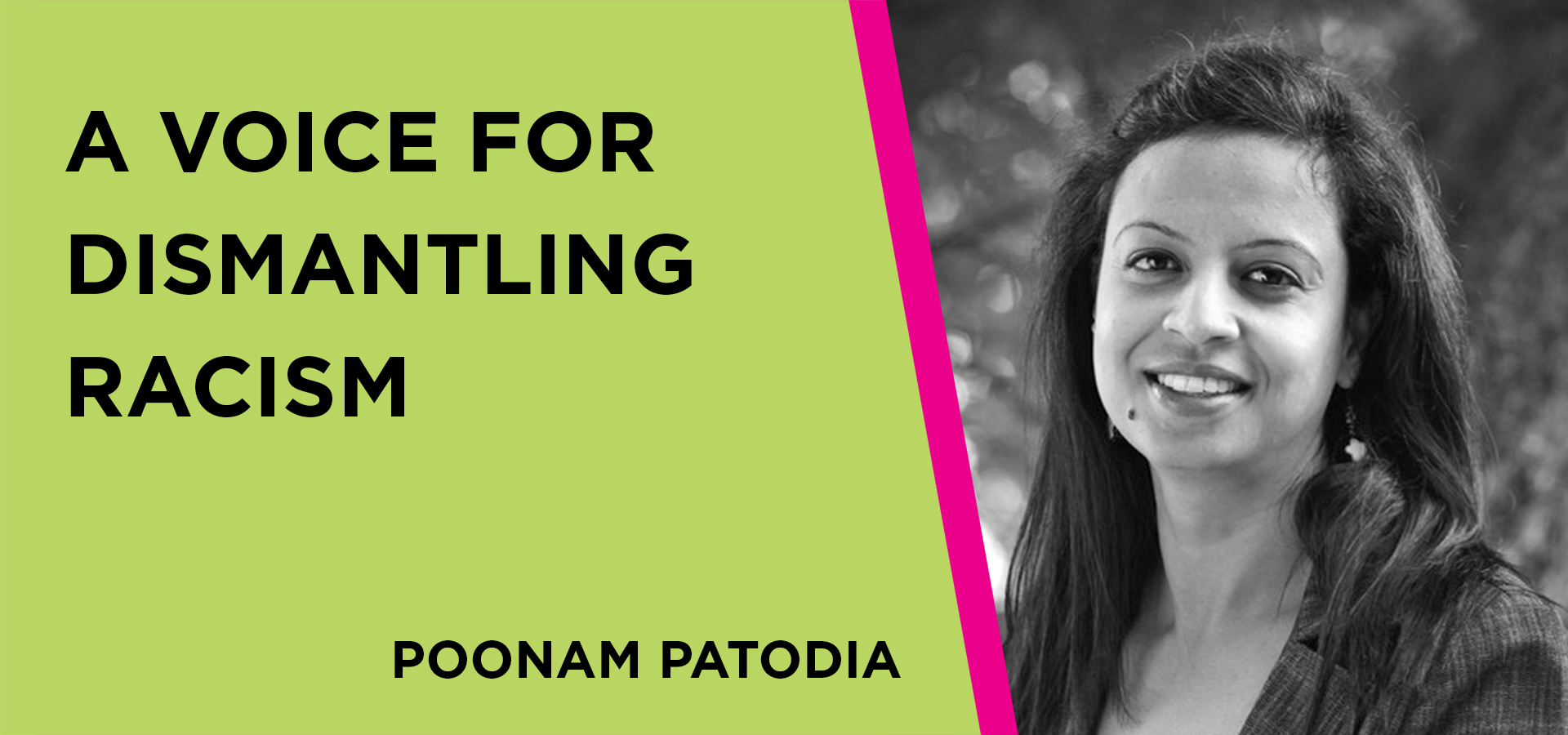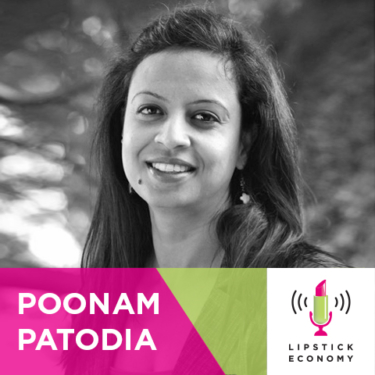Poonam Patodia
A Voice for Dismantling Racism
Poonam Patodia, is the Chief Marketing Officer at United Methodist Communications. As the global marketing/communications agency for The United Methodist Church, United Methodist Communications seeks to increase awareness and visibility of the denomination through public relations, marketing, advertising, publications, news, digital media and other channels. And they provide resources to the 45,000 local United Methodist churches and other United Methodist organizations.
What should we know about Poonam?
She has been with United Methodist Communications for 14 years and has been instrumental in moving the agency from a traditional print-based agency to the multi-channel, digital-savvy organization it is today. She has brought new strategies in providing content marketing to the churches, seeking new methods of advertising, adopting social media, and helping revamp key denominational websites. Her desire to do something more brought her to The United Methodist Church. Working for the church has allowed her to use her skills in creating life-altering impact.
What are the roots and initiative for the new Dismantling Racism: Pressing on to Freedom campaign for the denomination?
The United Methodist Church commits itself to the healing and wholeness of all persons. Racism continues to cause painful division and race relations. The church wants to confront and seek to eliminate it. And UMC wants to work collaboratively with others to address concerns that threaten the cause of racial justice at all times, in all places. UMC created an agency, General Commission on Religion and Race. to assist in dismantling racism and racial discrimination. The 18-month campaign was created to give a sense of urgency to this work both inside and outside the church.
Why has the United Methodist Church denomination been a leader in talking about sensitive subjects like racism?
The United Methodist Church has always spoken out during times of injustice, disaster and uncertainty, trying to be a voice of reason and comfort.
UMC’s response comes from social principles and a belief in faith in action. Faith means bringing your action in unison with who you are and your deep-held beliefs. We have never been shy to talk about subjects as broad as race relations, gun control and immigration and use our voices to bring about change.
The United Methodist Church has taken a leadership role across the years at times such as 9/11 when UMC was the first advertiser allowed on television after the disaster calling all persons to a time of prayer. A billboard was placed near Ground Zero reminding people that “Fear is not the only force at work in the world today.” That was the beginning of trying to be a voice of comfort to people during natural disaster, times of tragedy and uncertain times.
Who is the target for a campaign and what are the elements of the campaign?
Racism is a global issue so we are not focusing on just the U.S. This campaign is an invitation for people and churches around the world to educate themselves about dismantling racism and to get involved.
The campaign launched on Juneteenth with a press conference, online prayer and worship service, a denominational town hall, social media campaign and outdoor in major cities across the U.S. Events will continue in local churches collaborating with community partners, and it will continue to evolve over the 18-month period.
Every campaign has an internal (inside the church) component and an external component.
The church becomes the experiential event part of each campaign.
Why is marketing to women important for all UMC campaigns?
Women in Methodism have helped shape the history of the church. UMC was the first mainline denomination to have a woman bishop. The current head of the Council of Bishops is a woman. About 58% of UMC members in the U.S. are women and 27% of our clergy are female. More than 70% of our Facebook engagement is women.
And in general, women are more likely than men to say that religion is important in their life. And of course, women take the primary responsibility to get their families participating in church, volunteering in church and taking part.
Research is an extensive part of how we select our targets and messages.
Have you done other advertising during COVID-19?
We have a campaign running based on the fact that half of Americans feel lonely and left out in today’s culture. The original campaign was about encouraging seekers to find community in a local church. With so many churches closed, we had to adapt to a new message – You are Not the Only One feeling disconnected and lonely during this time, encouraging individuals to join in faith and hope in spirit if not in person. Media strategy had to be adjusted as well to meet people where they were, in their homes.
Resources and Links
Poonam Patodia on Linked In
Website: UMC.org/endracism
Press: https://www.umc.org/en/content/united-methodists-set-to-unveil-dismantling-racism-initiative
The United Methodist Church on Twitter @UMChurch
The United Methodist Church on Facebook
The United Methodist Church on Instagram





